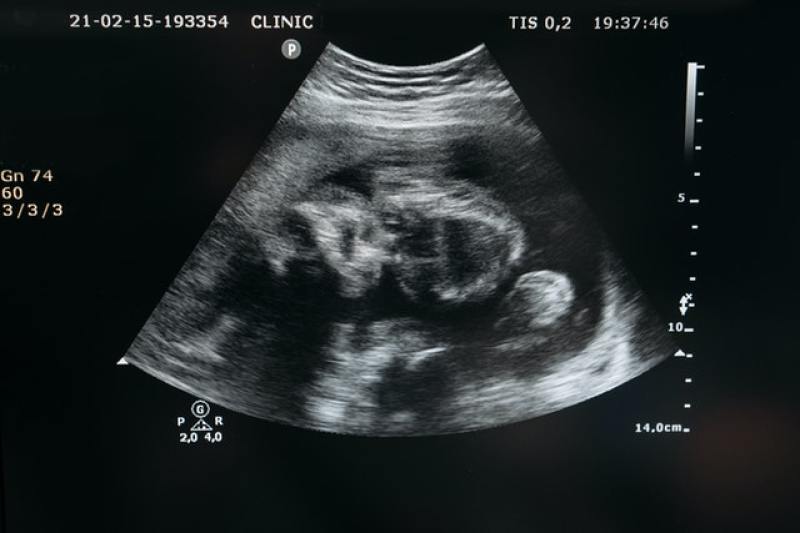
Six pro-life legal experts are reportedly hopeful after the United States Supreme Court Justices left "good clues" during oral arguments held on Wednesday, December 1, on the Dobbs v. Jackson Women's Health Organization case, which is meant to review the constitutionality of states banning abortions beginning 15 weeks of pregnancy.
CBN News said the justices left clues based on what they said during the hearing that made six pro-life legal experts optimistic that the Mississippi Gestational Age Act, which is the law in focus in the Dobbs v. Jackson case, is constitutional.
The said experts are National Review Senior Writers Michael Brendan Dougherty and Dan McLaughlin and Washington Correspondent John McCormack, legal scholar Jonathan Turley, author and Christian Headlines Contributor Michael Foust, and Judicial Crisis Network President Carrie Severino.
As reported here in Christianity Daily, the majority of Supreme Court justices' remarks showed their intent to uphold the Mississippi Gestational Age Act. They even showed the possibility that they would overturn Roe v. Wade. The hearing, which focused on the "stare decisis" legal principle that looks on the timeliness of overturning Roe v. Wade, showed how the justices were pro-life leaning with their remarks and hurl of questions to the lawyers of Jackson's Women Health.
Dougherty confirmed in his blog that this is the consensus of the justice's stand towards the Mississippi law.
"I agree with what is turning out to be the consensus, that it looks like at least five justices are skeptical of the holding in Roe and Casey," Dougherty said.
McLaughlin echoed his sentiments citing the particular responses of the justices that do point in that direction.
"Kavanaugh, seen as the swing vote, hammered away at the point that getting the Court out of abortion is the neutral, small-d democratic middle ground. That is very encouraging," McLaughlin said.
"Alito pinned down some key concessions. Roberts was uninterested in sending the case back - nobody bothered to push for that - and gave off some real signs of being uncomfortable with the current framework. Neither Barrett nor Gorsuch seemed particularly sympathetic to keeping Roe, although Barrett was very interested in teasing out the proper way of handling stare decisis. The three liberals sounded like people who expect to lose, and in Breyer's case, sounded almost elegiac notes for his view of the Court," he added.
While McCormack tallied based on the justices' statements on who intends to overturn Roe v. Wade and who only intend to uphold the Mississippi law.
"Big picture: Kavanaugh+4 very interested in overturning Roe. Roberts very interested in upholding Mississippi law without overturning Roe," McCormack stressed.
Turley, on the other hand, raised that the unborn's viability was mostly the focus of the justices with the scientific developments in understanding fetal growth and detection used to argue against the pro-choice's stand on women's rights.
"Gorsuch just said viability depends on technology and 'has changed and will continue to change'," Turley tweeted on Wednesday.
Foust highlighted in his report in the Christian Headlines how Justices Clarence Thomas and Samuel Alita spoke in favor of the Mississippi law. Foust cited pro-choice legal expert Jeffrey Toobin tweeting in despair over the result of the hearing, being indicative of the threat to Roe v. Wade.
"If you believe that women should have the right to choose abortion, today's Supreme Court argument was a wall-to-wall disaster," Foust quoted Toobin in stating.
Severino echoed this indications in her tweet pointing to the "great job" the Supreme Court did in articulating the constitution in a very divisive issue such as abortion, which in turn upholds Democracy.
"Today the Court did a great job articulating its constitutional role: not to pick winners and losers on divisive issues like abortion, but to remain 'scrupulously neutral,' as Justice Kavanaugh said. The way it works out will look different in different states, but the Court should let the people decide," Severino highlighted.






















